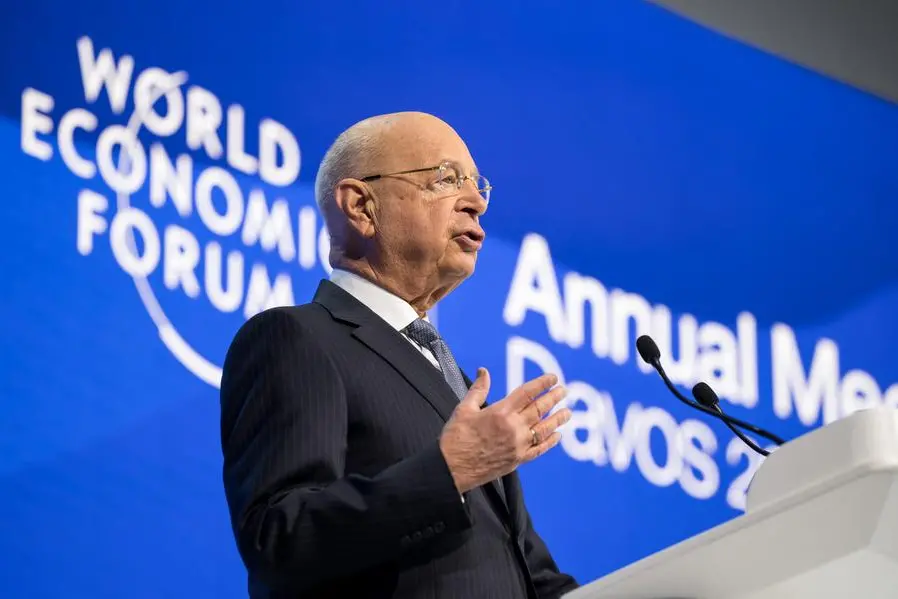PHOTO
Klaus Schwab, the founder and longtime face of the World Economic Forum, will step away from executive leadership in the coming months, the organisation said.
The WEF, which hosts the annual meeting of wealthy, famous and influential global elites at the luxury Swiss ski resort of Davos, said in a statement late Tuesday that its 86-year-old founder would soon "transition from executive chairman to chairman of the board of trustees".
The shift would take place before the next edition of the annual meeting, in January 2025. No successor was immediately named.
The announcement that Schwab will be stepping back from executive leadership after more than 40 years at the top marks the culmination of WEF's long transformation, since 2015, from a "founder-managed organisation to one where a president and managing board assume full executive responsibility", the body said.
At the same time, the Geneva-based forum, which employs some 800 people worldwide, said it had been transitioning from being merely a "convening platform" to "the leading global institution for public-private cooperation".
The WEF did not spell out who would officially take the helm, but the number-two executive behind Schwab is currently president Borge Brende, a 58-year-old former Norwegian foreign minister.
Schwab, born in Ravensburg, Germany, in 1938, was a little-known business professor at the University of Geneva when in 1971 he founded the WEF's precursor, the European Management Forum.
He later broadened the conclave by inviting business leaders, assembling a prestigious Rolodex as he turned the gathering into a showcase for networking and exchange of ideas.
Over the years, success bred further success as many of the world's movers and shakers vied to rub shoulders in the Swiss Alps at panel discussions and apres-ski socialising.
Newer regional meetings have joined the Davos calendar.
Last month it hosted a meeting in Riyadh, amid global focus on the war raging in Gaza, that boasted US Secretary of State Antony Blinken, Palestinian president Mahmud Abbas and foreign ministers and prime ministers from across the Middle East and Europe among the participants.
Critics have repeatedly charged that WEF's gatherings simply create a safe space for the corporate world to lobby governments without oversight.
The WEF maintains that it "provides a global, impartial and not-for-profit platform for meaningful connection between stakeholders to establish trust, and build initiatives for cooperation and progress".
"At the heart of our mission of improving the state of the world lies the belief in the power of human ingenuity, entrepreneurship, innovation and cooperation," it says on its website, stressing the "need for a forum fostering rigorous and respectful dialogue between and among leaders".





















